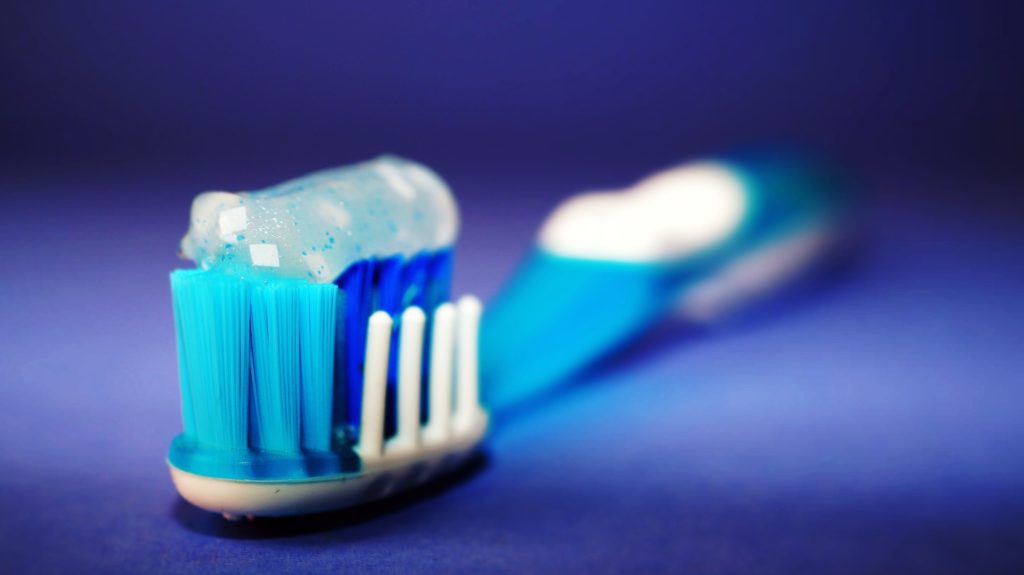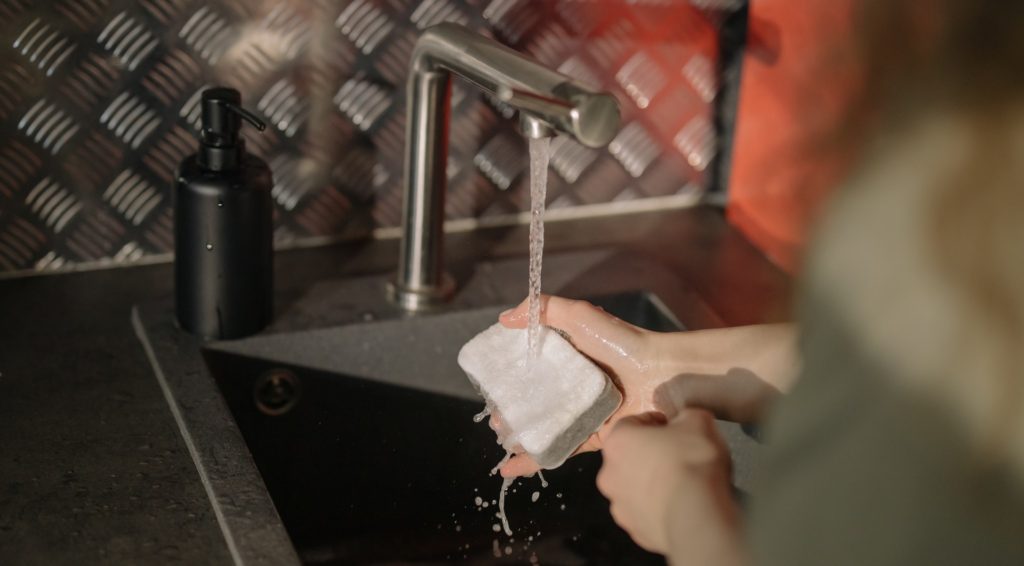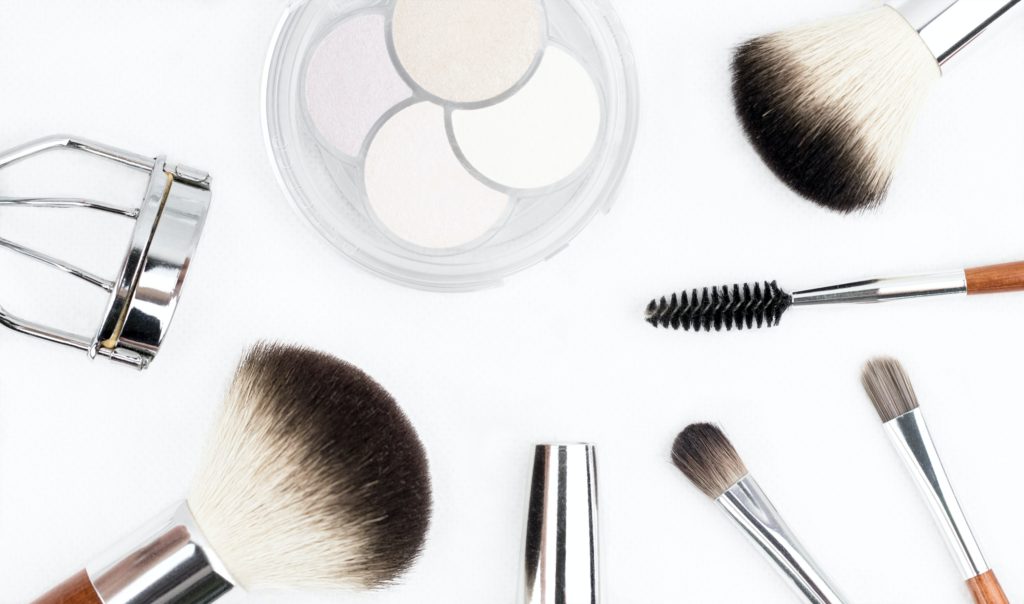How long should you keep things before they fester with germs? While many of them are pretty obvious, like food or a bouquet of fresh flowers when the flowers wilt, there are some less-than-obvious household items that need to be replaced regularly.
Here are ten everyday household items that you must replace to best preserve your health and safety. You’ll thank yourself later!
1. Toothbrush
Replace: Every 3–4 months

Bacteria grows in damp and warm conditions, and your toothbrush is the perfect place for it to hide. Not a pleasant thought about something that you use to clean your teeth, right?
Studies show that a single toothbrush contains millions of bacteria per square inch that can lead to more cavities, bad breath, and potentially gastric diseases. According to the American Dental Association, you should replace your toothbrush every three months.
Dentists recommend storing brushes in a closed container and rinse your toothbrush thoroughly after brushing. Also, after illnesses, throw the old, germ-infested one away.
You can use Amazon’s Subscribe & Save program to get new toothbrushes shipped to your door every three months.
2. Herbs and spices
Replace: Every 1–4 years

While there are no health concerns, keeping herbs and spices too long in your cabinet will make them lose their flavor and any potential health benefit. If you can’t remember when you bought them, faded color and loss of aroma can help you ID old herbs and spices.
Replace ground spices every 3-4 years, leafy herbs 1-3 years, whole spices 4 years, and bottled seasoning blends will last for up to 2 years.
3. Pillows
Replace: Every few years

Most pillows (and mattresses) can harbor bacteria, dust mites, dead skin cells, sweat, and other unpleasant things. Dirty pillows can cause everything from acne to allergies to dust mites. Accordingly to James Sublett, M.D., the president-elect of ACAAI, one out of every four or five people are allergic.
It would be best if you replaced your pillows every two to three years to avoid any problems. Use zippered, mite-proof under-pillowcases to prolong the life of your pillows, also wash your sheets weekly.
Replacing your pillows is important, not only for cleanliness purposes but also because after a year, it won’t give you the structural neck support you need. Memory foam pillows can be replaced every 18 to 36 months.
4. Sponges
Replace: Monthly

Did you know sponges are the top source of germs in your home? According to WebMD, sponges are filled with bacteria and mold that make you sick.
To preserve them daily and help kill some of the bacteria, boil them in hot water or throw them in the dishwasher. This is a quick temporary fix, but it won’t disinfect your sponge thoroughly. Considering sponges are cheap, it’s probably worth investing in some fresh ones and avoid spreading dirt and bacteria, rather than cleaning it.
5. Sneakers
Replace: Every five months

According to AAPSM, if you wear sneakers often, the reduction of shock-absorption in your footwear could cause foot pain and other afflictions like plantar fasciitis.
Even if you are not a very active person, you should replace them every six months to avoid injury.
Nike recycles footwear to create playgrounds and running tracks, whereas Soles 4 Souls gives used shoes to people in need around the world.
6. Refrigerator water filter
Replace: Twice a year

Because fridge filters gather mold and bacteria over time, manufacturers’ best practice is to change them every six months. If you don’t, your water will soon start tasting not-so-good, and it may also contain more lead and chlorine.
You may notice your water has an unpleasant flavor or scent after just three months if you have a big family who fills up frequently. It may take up to nine months if you live alone and tend to drink soda over H2O.
Many more modern fridges have a convenient light showing it’s time to change.
7. Contact lens case
Replace: every three months

Your eyes are the most delicate part of your body, so it is essential not to place anything near them that might be contaminated or dirty.
Studies have shown that lens cases are bacteria magnets due to the moisture created by lens solution, which allows bacteria to grow and spread.
It would be best to replace your contact case every three months to prevent eye infections and irritation. You can get a pack of 4 cases, and you’ll be settled for a year!
8. Makeup
Replace: 3 months to a year, depending on the product

And though the FDA doesn’t claim cosmetics to have a printed expiration date, beauty products have a limited shelf life. It is best to replace your mascara, eyeliner, and eyeshadow every three months to prevent eye infection or irritation.
Lipstick, face powder, foundation and concealer will last up to 1 year. If you clean your makeup brushes frequently, you don’t need to replace them so often.
In a 2010 report, ABC News examined past-its-prime makeup and found 11 different types of bacteria, including staph, strep, and bacteria, typically found in our intestinal system.
9. Medication
Replace: Once a year

Medication doesn’t magically stop working on the expiration date; it’s just safest once a year to throw out all expired medications.
Pay attention to storage. Your medicines can become less potent, or they may go bad before the expiration date. Store your medicines in a cool, dry place. Bathroom cabinets are not recommended because pills and capsules are easily damaged by heat and moisture.
10. Smoke detector batteries
Replace: Once a year

According to the National Fire Protection Association, “Three of every five home fire deaths resulted from fires in homes with no smoke alarms or no working smoke alarms.”
While the smoke alarms themselves should be replaced every 10 years, smoke detector batteries must be tested and replaced more often.
First, find out if your smoke detector runs on replaceable 9-volt batteries or non-replaceable lithium batteries.
According to the U.S. Fire Administration, the 9-volt batteries should be replaced every year, while lithium batteries will last for 10 years.
Find out Food Storage Tips to Help Your Groceries Last Longer!


























